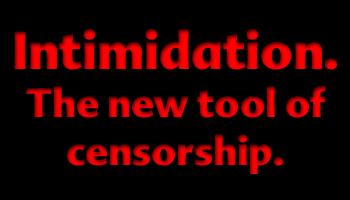"Surprise: A university study uses fishy criteria to tar right-leaning journalists.
Is National Review “junk news”?
A panel of Oxford scientists says yes.
Their study, “Polarization, Partisanship and Junk News Consumption over Social Media in the US,” purports to show that on social media, conservatives are far more likely than others to share “junk news.”
That conclusion has earned them glowing write-ups in left-of-center outlets like The Guardian, Salon, and The Daily Beast.
According to the study, a source is junk if it “deliberately publishes misleading, deceptive or incorrect information purporting to be real news about politics, economics or culture.”
The cry of “fake news” has become a defining weapon in our hyper-partisan age.
No doubt there has been a profusion of it as the nation’s storied newsmagazines have ceded prominence to newsfeed-optimized content factories.
But “fake news” is also an accusation of moral turpitude. Its scarlet letter signifies that a journalist is not merely wrong—he’s a liar.
...As worded, that standard feels easy to abuse, but what results did it produce?
The scientists’ criteria yielded 91 sites positively identified as junk news.
Of these, 78 featured right-leaning content, 10 were apolitical, and a grand total of three—Mediaite, Occupy Democrats, and Shareblue—were left-leaning.
Maybe junk news sites mostly don’t exist on the left?
The fact that the authors named three left-of-center sites could indicate that they scoured the internet and found only a few offenders.
More likely is that it shows the opposite...
...Maybe these sites were able to escape scrutiny because the “criteria” the Oxford researchers used to tell if a site is real or fake are not criteria at all.
They’re flexible enough to produce any result deemed desirable in advance.
A determination that a site’s reporting is “biased,” “uses emotionally driven language,” and fails to employ journalistic “best practices” earns it the junk label..."
Read it all!










